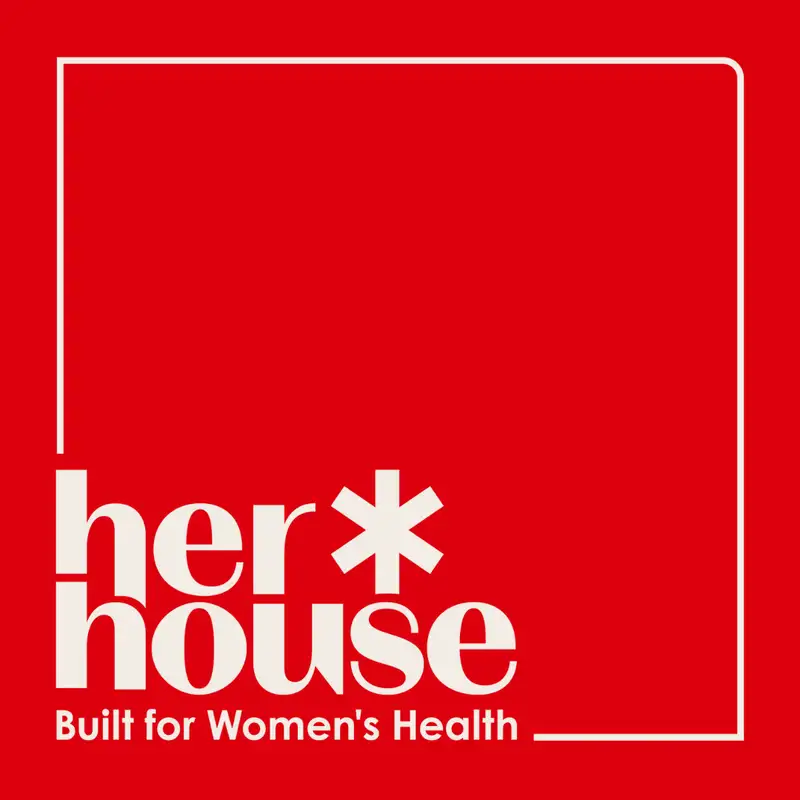This episode explores the overlooked connection between sleep health and cardiovascular outcomes, especially for women. Dr. John Kim, ER physician and venture capitalist at Aphelion Capital (American Heart Association), shares insights into gender biases in diagnosing sleep disorders and the emerging technologies reshaping treatment.
We can't stop talking about:
We can't stop talking about:
- Women being less likely to be referred for sleep apnea testing — even when they show symptoms. Fatigue, mood shifts, and headaches in women are often misattributed to hormones or depression instead of sleep disorders.
- Untreated sleep apnea putting serious strain on the heart. When breathing repeatedly stops or slows during sleep, the heart works harder to supply oxygen — increasing cardiovascular risks over time.
- Estrogen's potentially protective role against sleep apnea. After menopause, a woman’s risk increases — suggesting hormones are a key factor in sleep-related health changes.
- Standard CPAP machines having only a 50% adherence rate. Many patients find them too uncomfortable or claustrophobic — especially women, who may drop off early in treatment.
- Personalized nerve stimulation treatments on the horizon. Startups are developing minimally invasive, tailor-fit sleep apnea devices that adapt to a person’s anatomy — with some aimed specifically at women’s needs.Most sleep apnea marketing targetting men — but women are a growing, underserved market. New technologies aim to be more discreet, effective, and aesthetic to appeal to this overlooked group.
Connect with John:
- Visit: Aphelion Capital's Website
- LinkedIn: Dr. John Kim
Have an idea or story to share?
We’d love to hear from you! Visit: her-house.com/your-stories — 100% anonymous submissions welcome.
Contact: melissa@her-house.com
Visit: her-house.com
Instagram: @herhouse.forwomenshealth
Contact: melissa@her-house.com
Visit: her-house.com
Instagram: @herhouse.forwomenshealth
